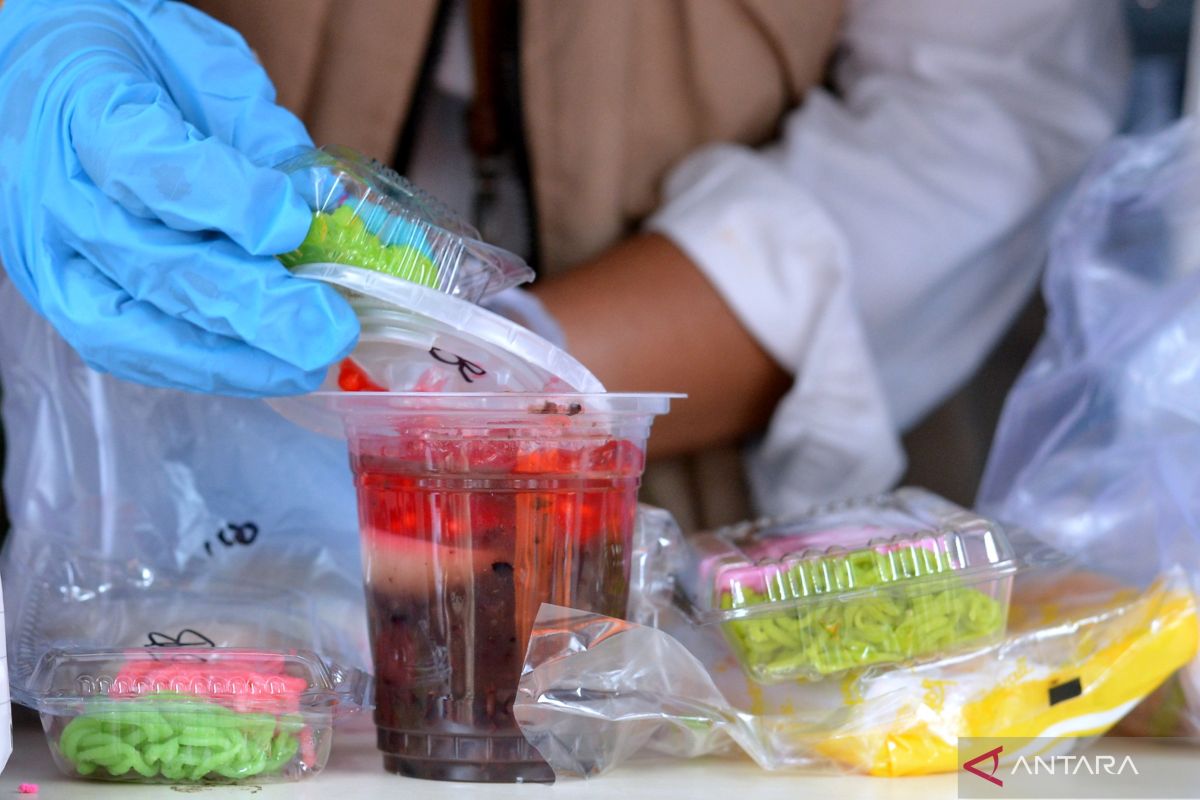Food hygiene has a multiplier effect around the world, said Rizka Andalucia, the BPOM acting head, in a speech followed online on Friday.
"Globally, the World Health Organization (WHO) estimates that around 600 million people, or one in 10 people, fall sick, and 420,000 people die every year from consuming unsafe food that is contaminated by biological compounds, bacteria, or others," she highlighted.
The WHO has also predicted that more than US$110 billion is lost each year in productivity and medical expenses, with children under five years of age carrying 40 percent of the food-borne disease burden.
The WHO has further said that children under five years of age carry 40 percent of the food-borne disease burden, she pointed out.
In Asia-Pacific, rapid urbanization, population growth, the emergence of new technologies in food management, and changes in environmental conditions have triggered new food safety threats.
Bacteria-contaminated food can also affect the reputation of a country, which can impact other sectors such as tourism, which contribute to national income, Andalucia said.
"Therefore, if not anticipated and controlled, these problems will hinder social and economic development," she said.
The 2024 World Food Safety Day has the theme "Food Safety: Prepare for the Unexpected" to remind the world of the importance of being prepared when dealing with food safety incidents, regardless of how mild or severe they are.
On a separate occasion, Indonesian Pediatrician Association (IDAI) chairperson Piprim Basarah Yanuarso said that food safety is one of the important factors that must be considered in meeting children's nutritional needs.
"Do not let our children be fed with germ- or bacteria-contaminated food," he cautioned.
Related news: IDAI stresses food safety to prevent diseases in children
Related news: Health Ministry focuses on food safety awareness
Translator: Sean M, Kenzu
Editor: Anton Santoso
Copyright © ANTARA 2024












